
CEPR Women in Economics Initiative
CEPR is formalising its efforts to improve female representation in the economic profession with the creation of the CEPR Women in Economics Initiative. Led by CEPR’s Vice-President, Hélène Rey, this initiative aims to redress gender imbalances in the economic profession, partnering with CEPR member organisations to promote women within the field.
This page collates the various projects CEPR is involved with, or external initiatives that have been endorsed by CEPR, and provides a single platform through which the myriad of high quality output and initiatives can be accessed. If you are interested in partnering with CEPR on a related project, or for any further information on CEPR Women in Economics, please get in touch with Petra Buresova, Development Officer at CEPR [email protected].
Women in Economics: Featured Content

4th WE_ARE_IN Macroeconomics and Finance Conference
-

- Women in Economics
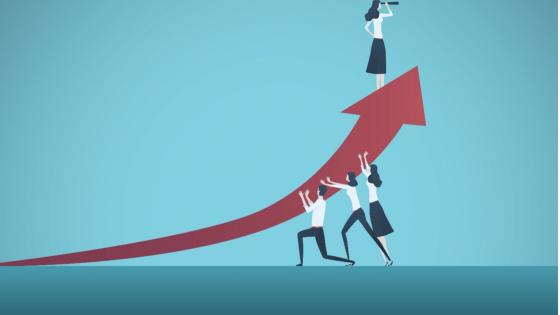
Women in Economics: Advancing Research in Economics
-

- Women in Economics

3rd WE_ARE_IN Macroeconomics and Finance Conference
-

- Women in Economics
WE_ARE Seminar Series

Women in Economics: Advancing Research in Economics
-

- Women in Economics
CEPR - UBS Women in Economics
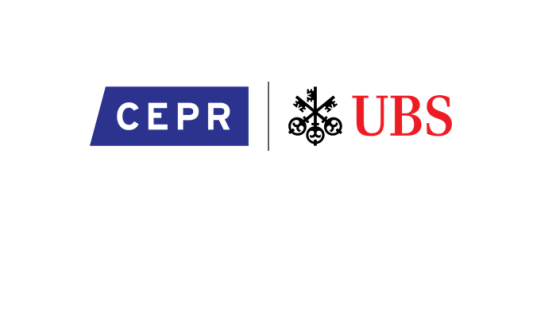
CEPR - UBS Women in Economics
Between 2019 - 2022, CEPR worked in partnership with UBS to celebrate contributions of women in economics, with a series of portraits and video interviews. This programme shone a light on quality research and policymaking from female leaders in their field. Women in Economics featured videos of prominent researchers discussing their work and insights. The content was designed to appeal to non-expert audiences, as well as those with a deeper understanding of economics.
All Content
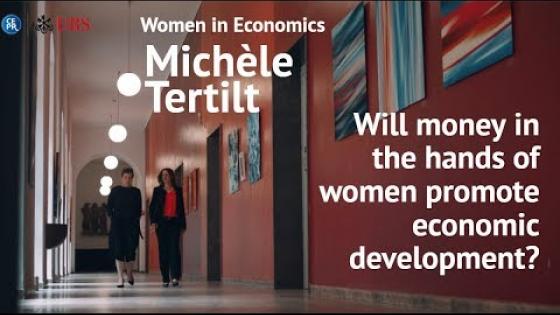

Women and money
Michèle Tertilt asks whether more control over finances in the hands of women leads to more economic prosperity and progress.
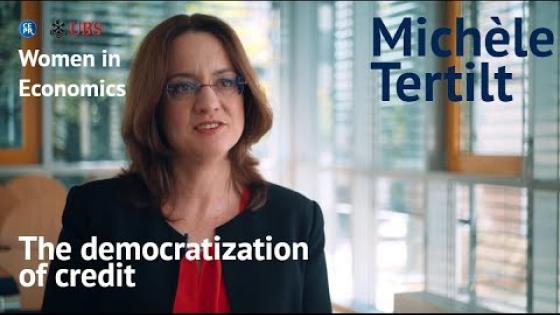

The democratisation of credit
Michèle Tertilt and her colleagues have also looked at the US 'Fresh Start' system where it is possible to declare bankruptcy and then start with a clean slate the next day.
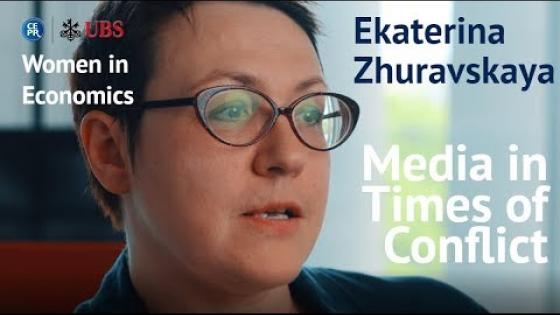

Media in times of conflict
Ekaterina Zhuravskaya discusses the impact that international media has on military operations.
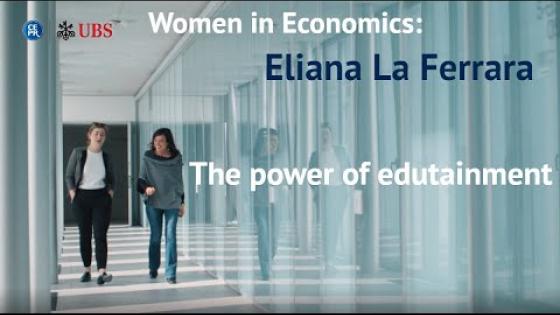

The power of edutainment
Eliana La Ferrara examines the impact of two examples of media that aims to be entertaining while conveying an educational message.
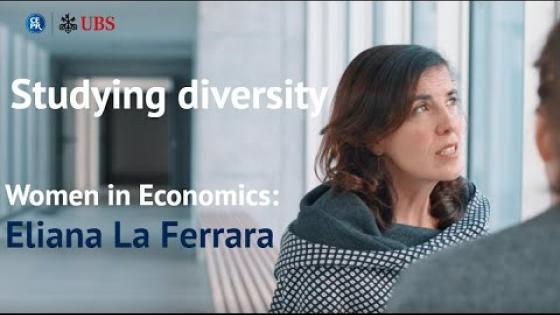

Studying diversity
Eliana la Ferrara discusses her research on how to leverage the positive effects of racial diversity.
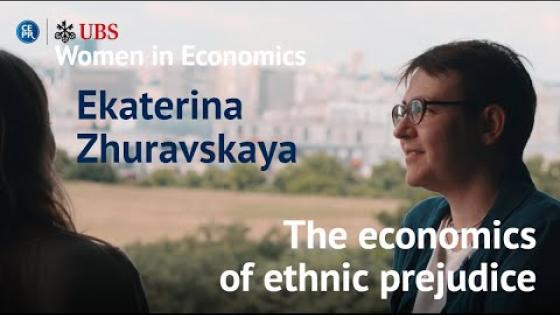

The economics of ethnic prejudice
Ekaterina Zhuravskaya discusses the link between middlemen minorities and the drivers of anti-Jewish violence in the Russian Empire.
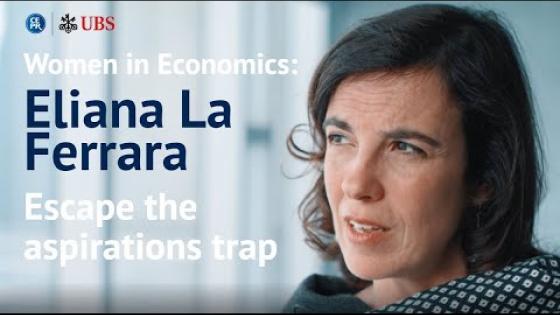

Escape the aspirations trap
'Neglecting the component of what the poor perceive as attainable is a serious shortcoming' says Eliana La Ferrara, as she talks about her work on inequality.
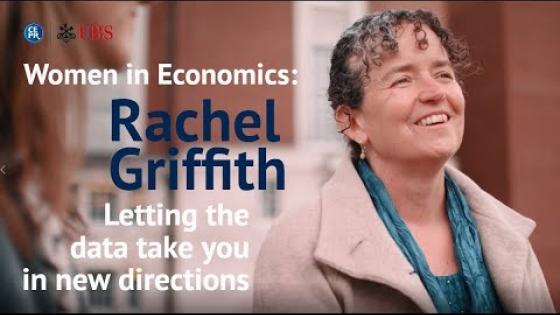

Letting the data take you in new directions
Rachel Griffith uses the example of the calorie paradox to illustrate how researchers sometimes need to give up their preconceptions and go with what they see in the data.
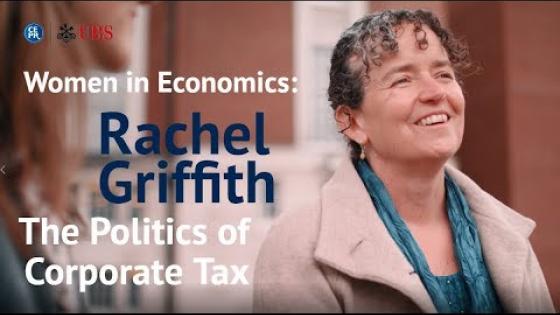

The politics of corporate tax
Rachel Griffith argues that the current corporate tax system needs a rethink if it is to be made fit for modern times.
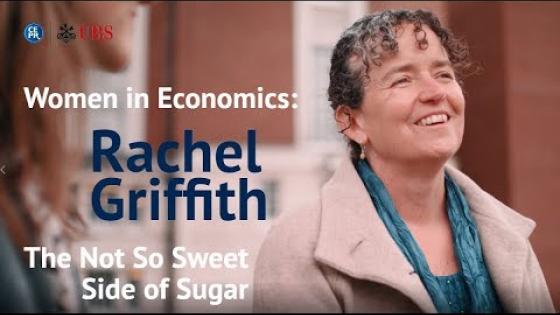

The not so sweet side of sugar
Rachel Griffith discusses how holistic policies are needed to counter the problems of obesity and poor nutrition, with the aim of changing peoples’ entire decision-making processes around food and activity.
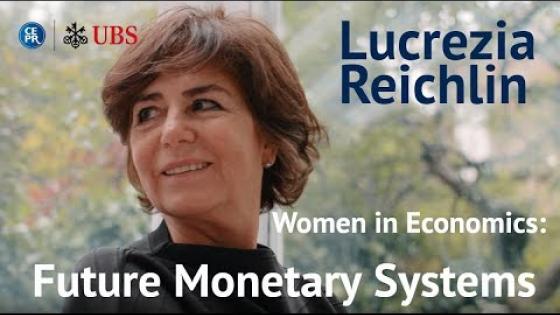

Future monetary systems
Lucrezia Reichlin looks to a future where new cryptocurrency technologies will be used for payment systems, but the money behind them will remain a monopoly of the central banks.
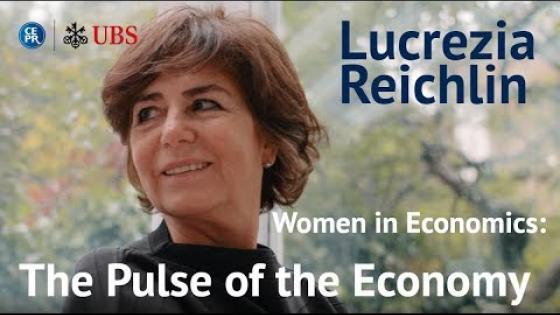

The pulse of the economy
Lucrezia Reichlin discusses the need for parsimonious models that exploit a data-rich environment to capture the simple drivers of the economy from complex data sets.




_1.png?itok=9qSXEqJM)




